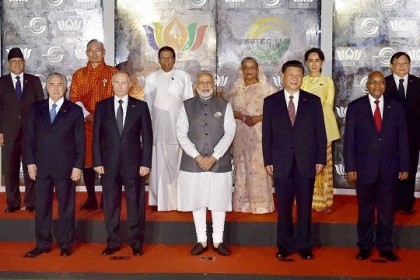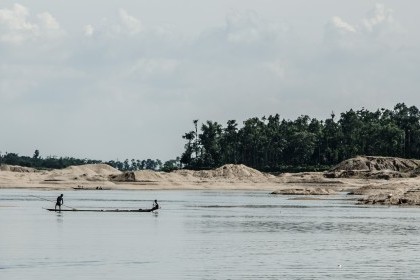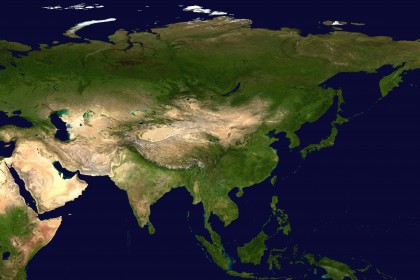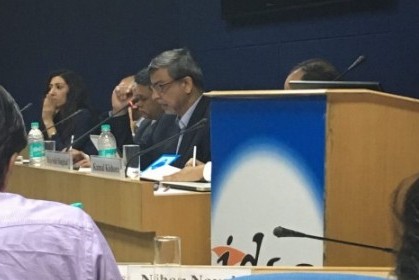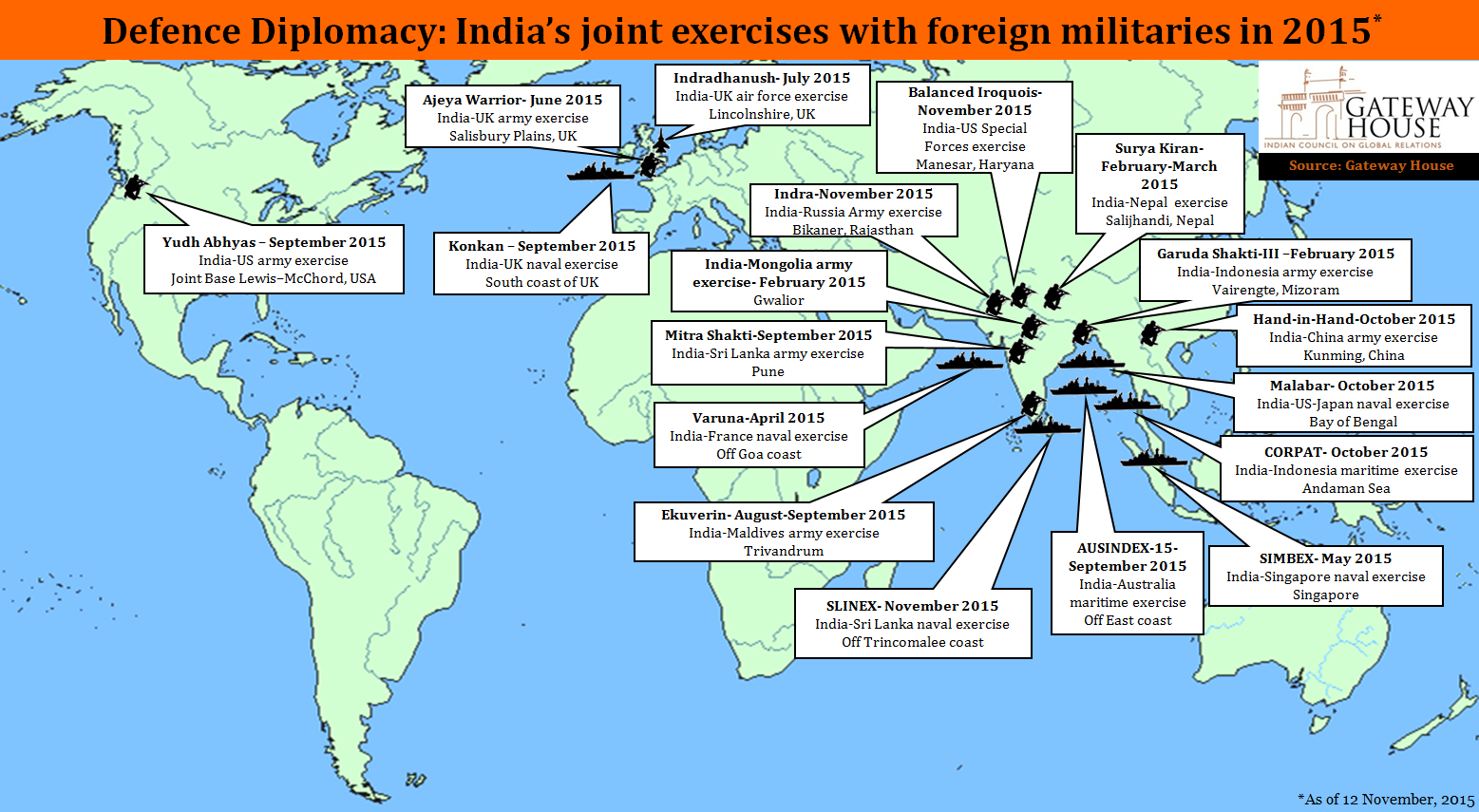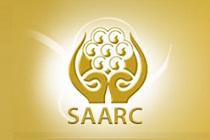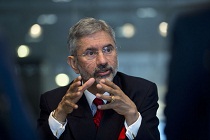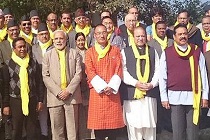Nepal: new geostrategic hotspot
Nepal, currently one of the 21st century’s important locations in Asia, has to safeguard itself by its own initiative, not rely on guarantees from external actors. The authors, one of whom is a former minister of the country, suggest that a changed world order calls for more modern security forces and an independent defense policy


